Afterpay and the booming buy-now-pay-later business
Credit cards have some competition

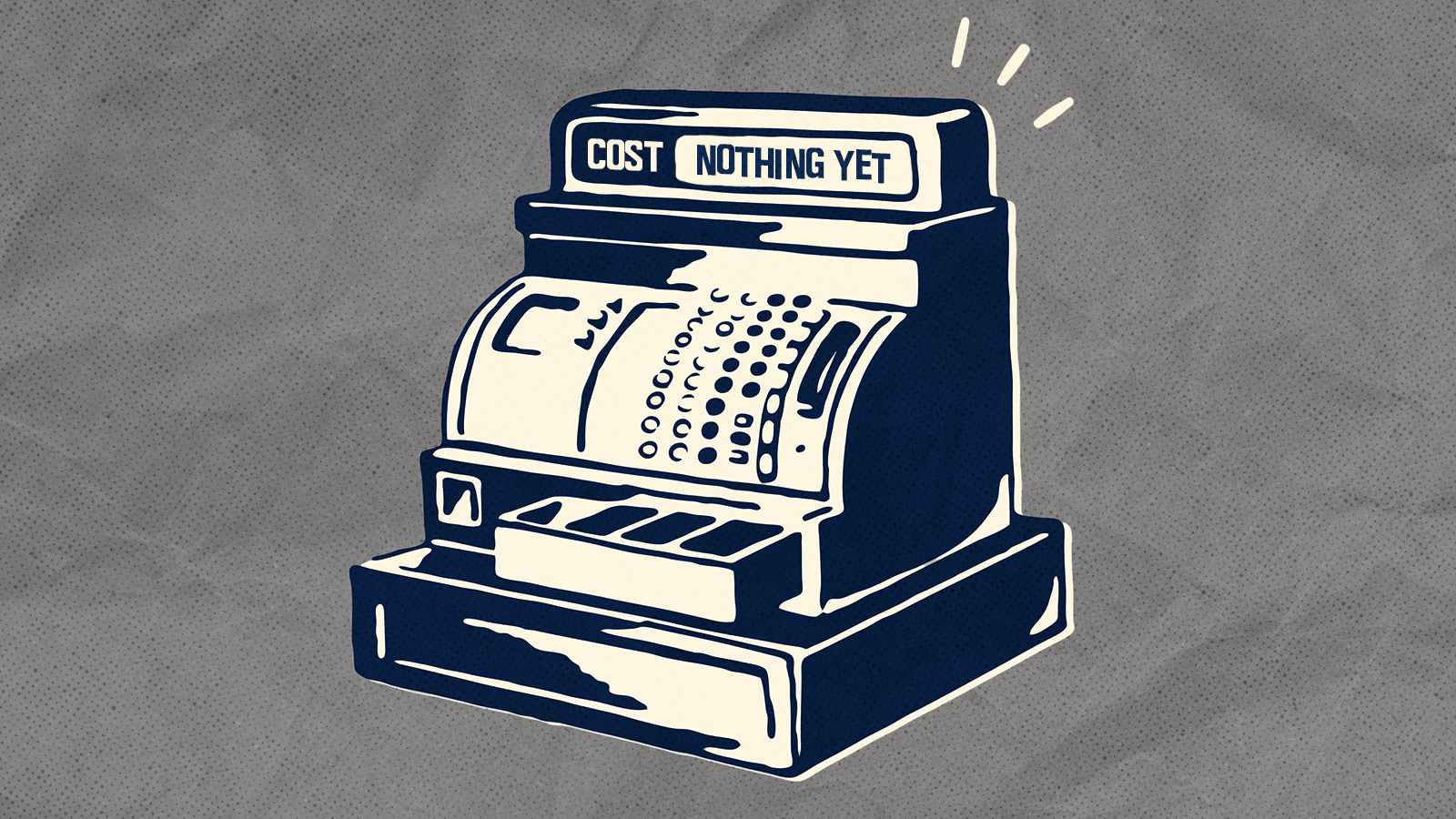
A free daily email with the biggest news stories of the day – and the best features from TheWeek.com
You are now subscribed
Your newsletter sign-up was successful
Square, a payments company run by Twitter CEO Jack Dorsey, has purchased Australian buy-now-pay-later (BNPL) startup Afterpay in a $29 billion all-stock transaction. Here's everything you need to know about this new way of spending money.
How does Afterpay work?
It's pretty simple: You put some money down up front for an item, and then pay off the rest over time. As Bloomberg put it, "think of it like a reverse layaway." Unlike traditional layaway, in which a product is set aside until the final payment is made, BNPL services allow the customer to get their hands on what they're buying immediately. Historically, layaway has been used for large, expensive must-have items, like furniture or appliances. BNPLs can be used for purchases of any amount. One woman used Afterpay to pay for $20 worth of candy.
The Week
Escape your echo chamber. Get the facts behind the news, plus analysis from multiple perspectives.

Sign up for The Week's Free Newsletters
From our morning news briefing to a weekly Good News Newsletter, get the best of The Week delivered directly to your inbox.
From our morning news briefing to a weekly Good News Newsletter, get the best of The Week delivered directly to your inbox.
What happens after the initial sale?
Afterpay covers the full charge at the point of sale, so the merchant, who has to be partnered with Afterpay, doesn't wait around for payment. Afterpay gets a 4 to 6 percent cut of the sale, a fairly hefty sacrifice for retailers — that's double what a credit company card typically charges, The New York Times notes. But sellers seem willing to swallow this cost because Afterpay drives consumer traffic to their websites. The buyer is then on the hook for settling the remaining balance with Afterpay, but can do this in four equal installments. The first comes at the point of sale, and the next three every other week. For example, if you buy something that costs $100, you pay $25 right away, and then send three more $25 payments over the next six weeks.
What about interest?
A major selling point for Afterpay is its claim that it doesn't charge interest, though if that sounds too good to be true, it's probably because it is. When a customer misses a payment, they get hit with a late fee. The fees are capped at $10 for purchases under $40, and at 25 percent or $68 max for pricier sales. Accounts with late payments are also frozen so the customer can't make any new purchases until they've paid off their most recent one. About 25 percent of Afterpay's revenue in 2018 came from late fees. That indicates there are a lot of missed payments, which takes the shine off the whole no interest pitch.
A free daily email with the biggest news stories of the day – and the best features from TheWeek.com
Is BNPL popular?
It certainly became more so during the pandemic. Adobe Analytics reports the BNPL industry experienced 215 percent year-over-year growth in the first two months of 2021. Indeed, Afterpay is just one of several BNPL firms out there. Its top competitors include Sweden's Klarna, which is popular in Europe, and a San Francisco-based company called Affirm, which have valuations of $46 billion and $15 billion, respectively. Some other familiar faces have entered the game as well. PayPal has its own service, and Apple is reportedly aiming to partner with Goldman Sachs to offer BNPL services to Apple Pay users. Banks like JPMorgan Chase and Citigroup have started giving their cardholders an option of splitting their purchases. The service is particularly popular among younger shoppers who are less likely to use credit cards, having lived through or grown up in the shadow of the 2008 financial crisis. That the target age for users skews young has some people concerned.
Why?
BNPLs are aimed at "a specific group of people who have trouble resisting or waiting," explains The New York Times. They reel the customer in right when they're about to pay, convincing them they can add a little more to their cart thanks to the installment option. Although Afterpay does impose spending limits for account holders (which vary depending on the customer), there have been reports of shoppers getting a little too swept up in the craze and losing track of how much they're spending, setting the stage for personal debt crises, even though the point of using the service is to avoid just that. Analysts are also worried about consumer protections, and regulators are taking note, especially in the United Kingdom. Christopher Woolard, the chair of the U.K.'s Financial Conduct Authority, warned earlier this year the pandemic had opened the door for new, unregulated ways of borrowing that pose a danger to millions of consumers who already may be facing financial difficulties. Tough regulations could alter the course of the BNPL industry, or even run the companies out of business.
What does this all mean for traditional banking?
There's no doubt Afterpay and other BNPL services are trying to chip away at big banks, selling themselves as a fairer and more inclusive alternative for subprime consumers — Afterpay generally doesn't conduct credit checks (though they do reserve the right to), and approval is generally quick and easy. "Credit cards are going to be the losers in this deal and [Square's purchase of Afterpay] is a giant validation of what's going on," Affirm founder and CEO Max Levchin recently told CNBC. JPMorgan Chase CEO Jamie Dimon has said the financial technology sector in general is a real threat to banks. McKinsey estimates BNPL options have diverted up to $10 billion in annual revenues away from banking behemoths. Some folks are more dismissive and don't see the services as long-term competition, especially with regulators lurking. Plus, as The Financial Times writes, "the dirty little secret of most financial services upstarts is that they are inextricably dependent on the banks they are trying to usurp." That includes BNPL services, which "rely on wholesale lenders for the funds they need to offer customers."
Tim is a staff writer at The Week and has contributed to Bedford and Bowery and The New York Transatlantic. He is a graduate of Occidental College and NYU's journalism school. Tim enjoys writing about baseball, Europe, and extinct megafauna. He lives in New York City.
-
 The ‘ravenous’ demand for Cornish minerals
The ‘ravenous’ demand for Cornish mineralsUnder the Radar Growing need for critical minerals to power tech has intensified ‘appetite’ for lithium, which could be a ‘huge boon’ for local economy
-
 Why are election experts taking Trump’s midterm threats seriously?
Why are election experts taking Trump’s midterm threats seriously?IN THE SPOTLIGHT As the president muses about polling place deployments and a centralized electoral system aimed at one-party control, lawmakers are taking this administration at its word
-
 ‘Restaurateurs have become millionaires’
‘Restaurateurs have become millionaires’Instant Opinion Opinion, comment and editorials of the day
-
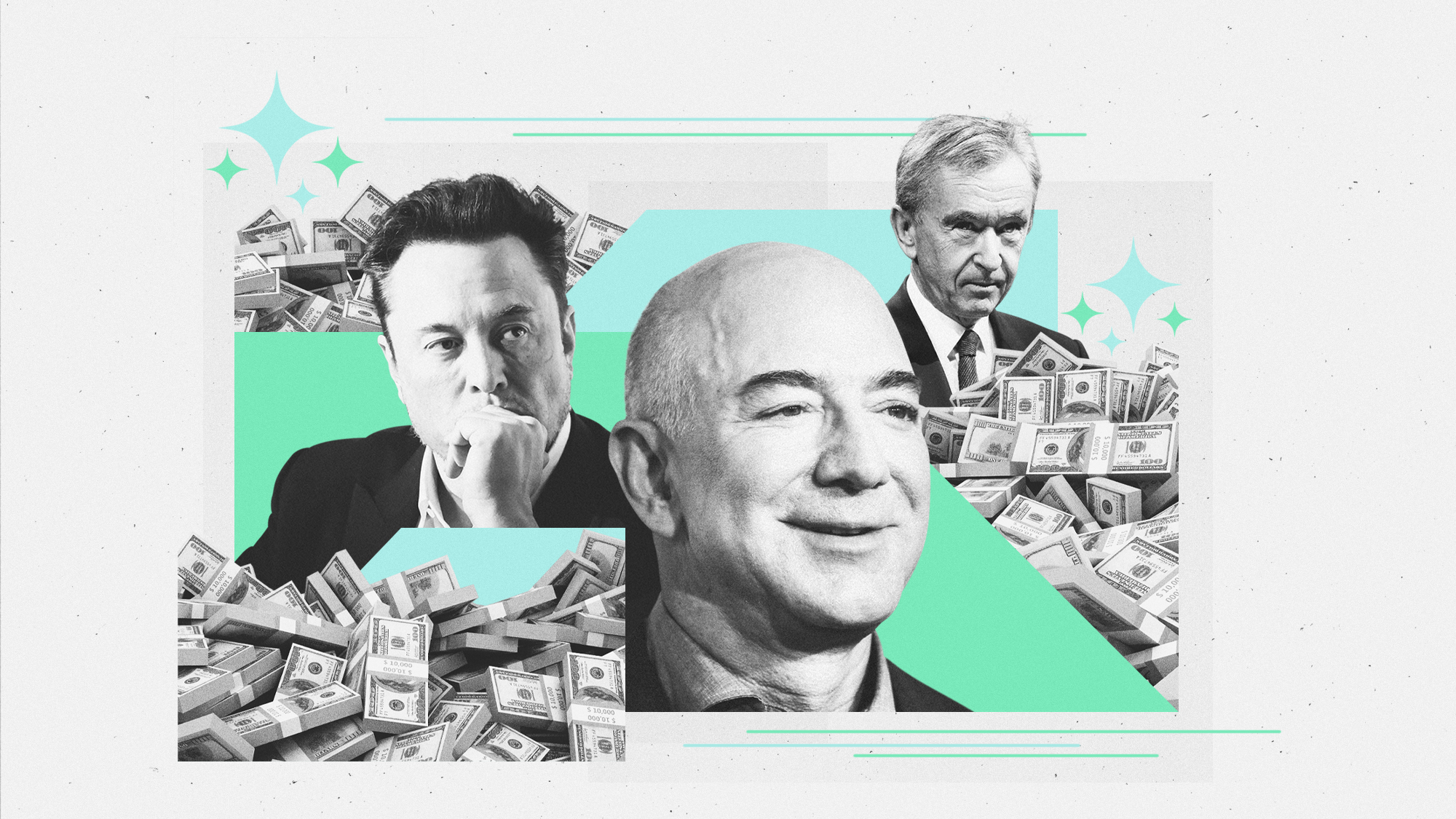 The rise of the world's first trillionaire
The rise of the world's first trillionairein depth When will it happen, and who will it be?
-
 The surge in child labor
The surge in child laborThe Explainer A growing number of companies in the U.S. are illegally hiring children — and putting them to work in dangerous jobs.
-
 Your new car may be a 'privacy nightmare on wheels'
Your new car may be a 'privacy nightmare on wheels'Speed Read New cars come with helpful bells and whistles, but also cameras, microphones and sensors that are reporting on everything you do
-
 Empty office buildings are blank slates to improve cities
Empty office buildings are blank slates to improve citiesSpeed Read The pandemic kept people home and now city buildings are vacant
-
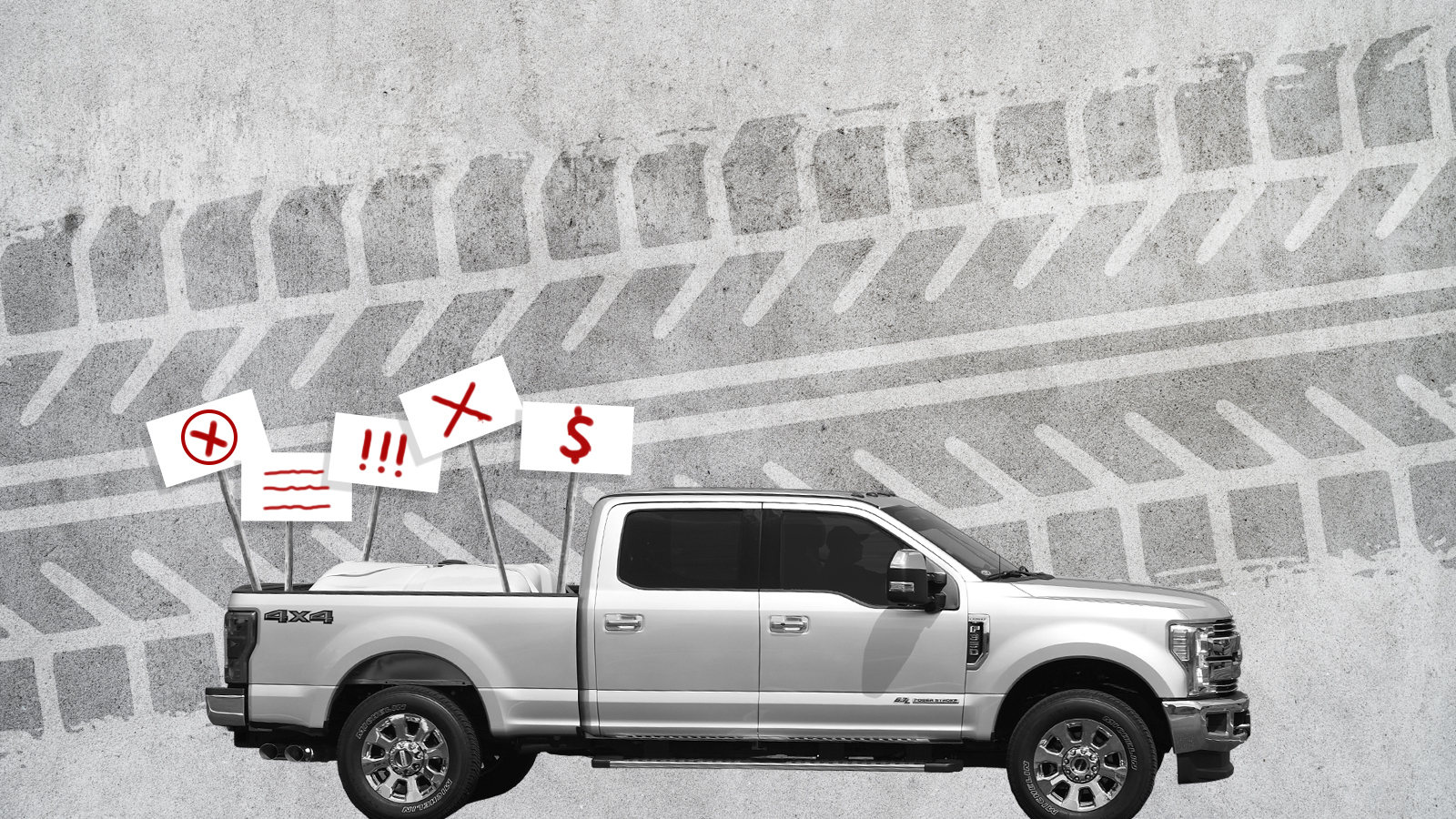 Why auto workers are on the brink of striking
Why auto workers are on the brink of strikingSpeed Read As the industry transitions to EVs, union workers ask for a pay raise and a shorter workweek
-
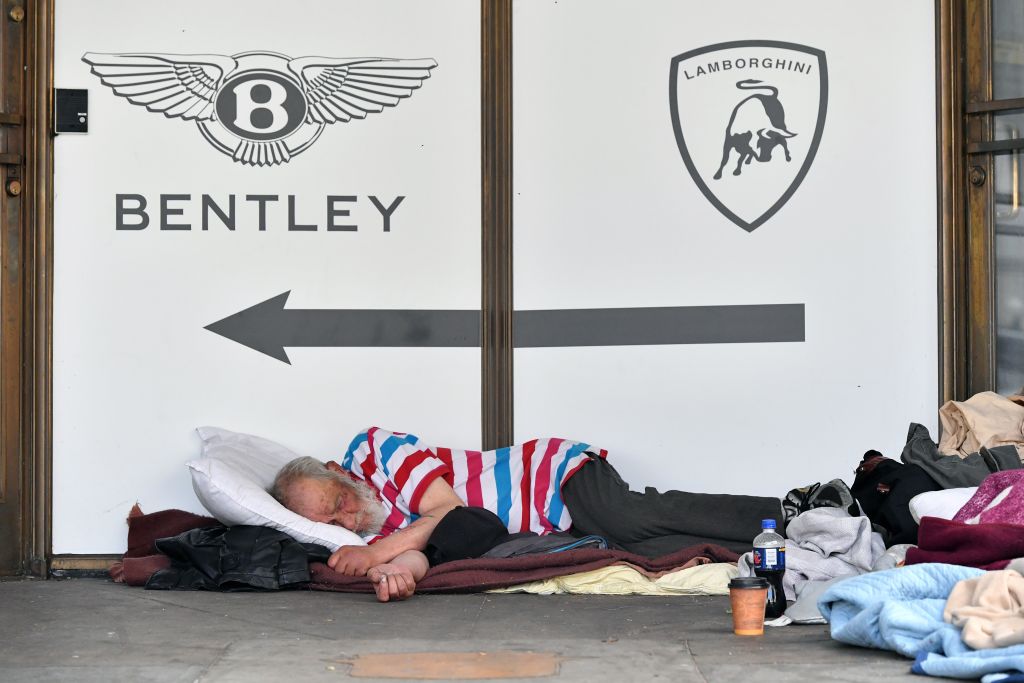 American wealth disparity by the numbers
American wealth disparity by the numbersThe Explainer The gap between rich and poor continues to widen in the United States
-
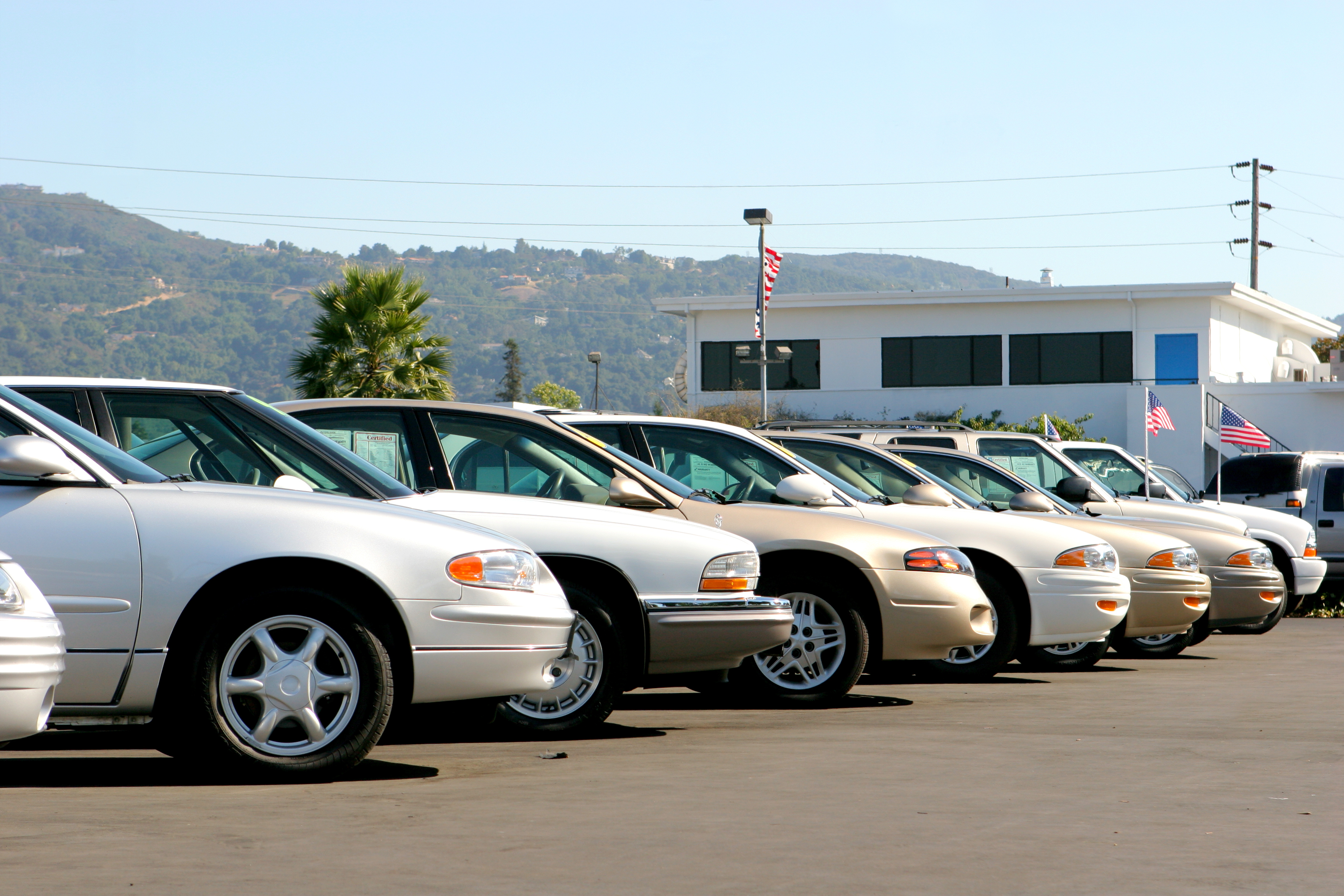 Cheap cars get run off the road
Cheap cars get run off the roadSpeed Read Why automakers are shedding small cars for SUVs, and what that means for buyers
-
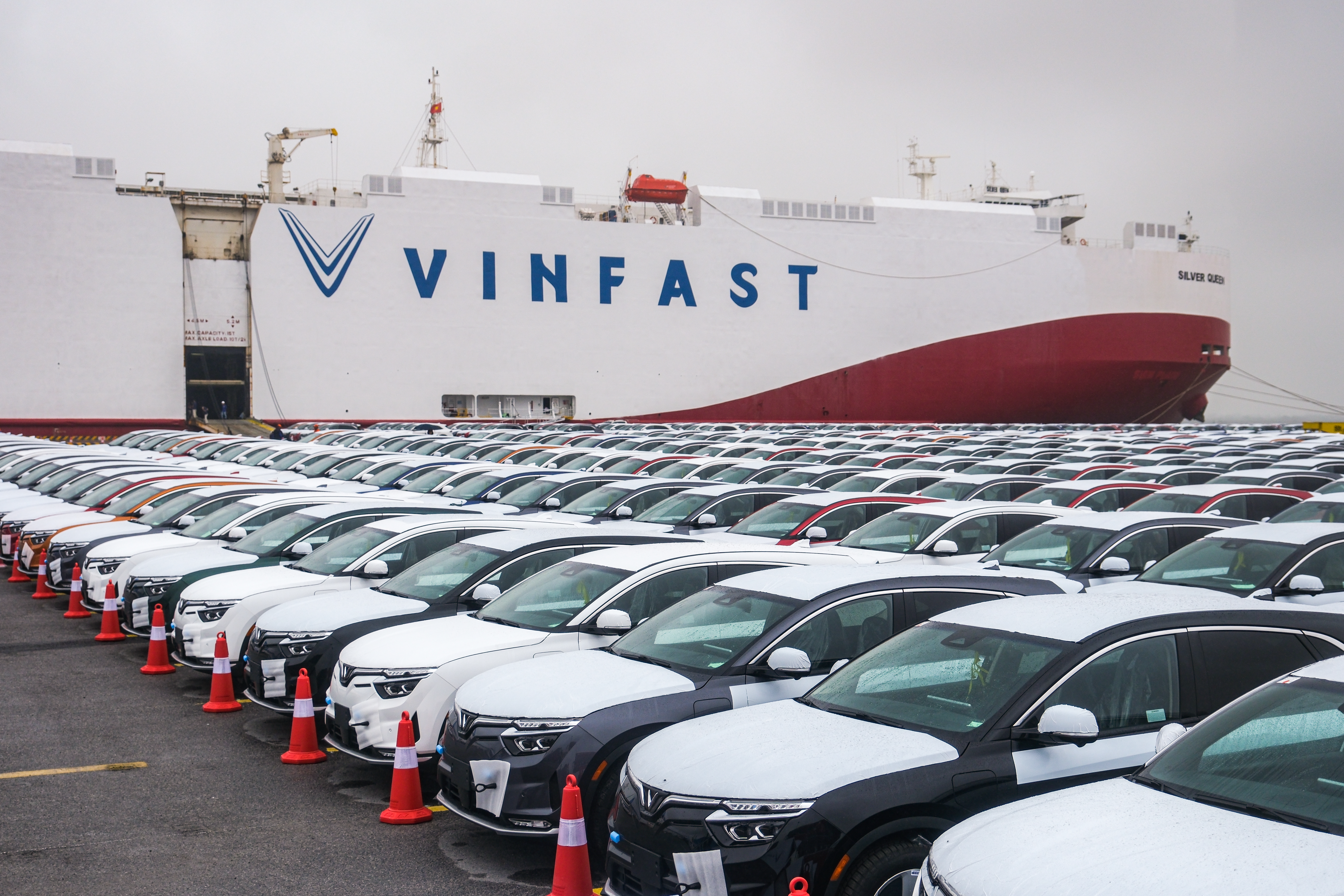 Vietnamese EV maker VinFast wows with staggering Nasdaq debut
Vietnamese EV maker VinFast wows with staggering Nasdaq debutSpeed Read Can the company keep up the pace, or is it running out of gas?
